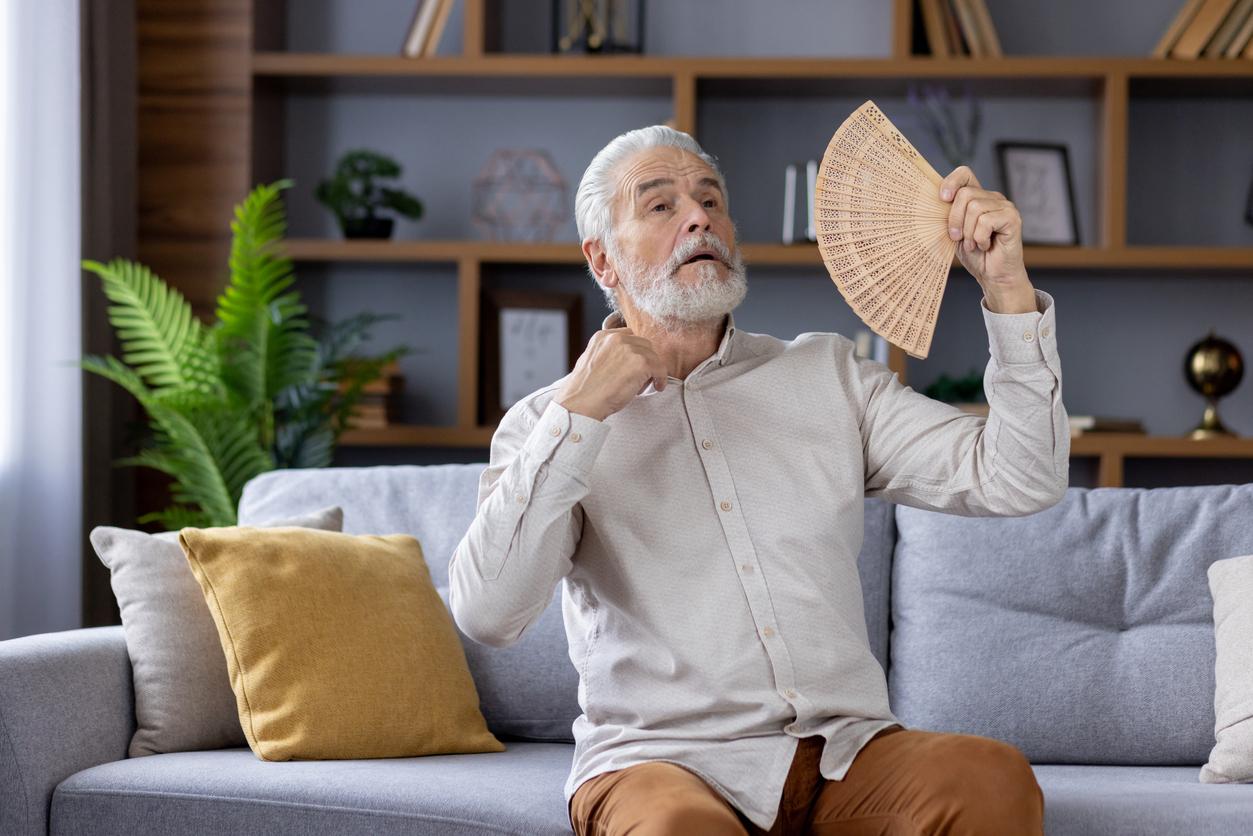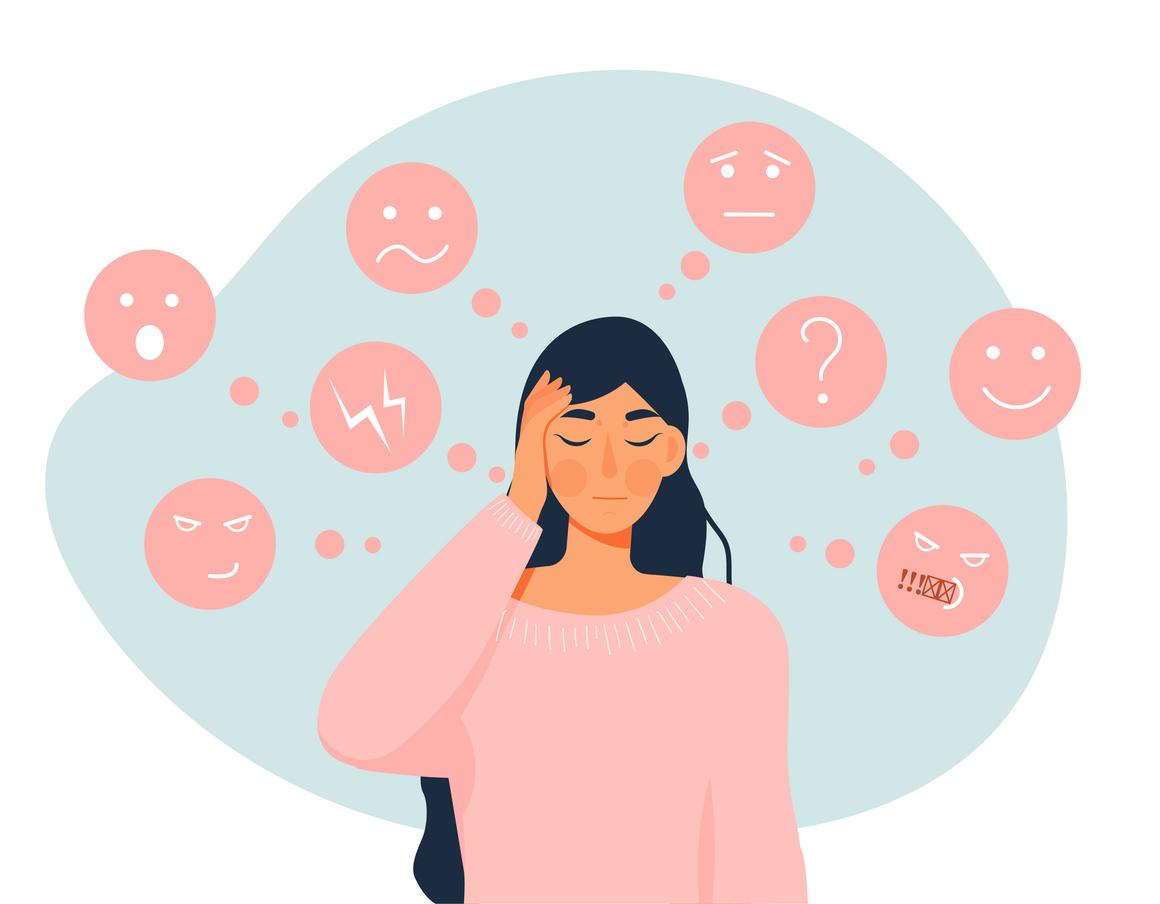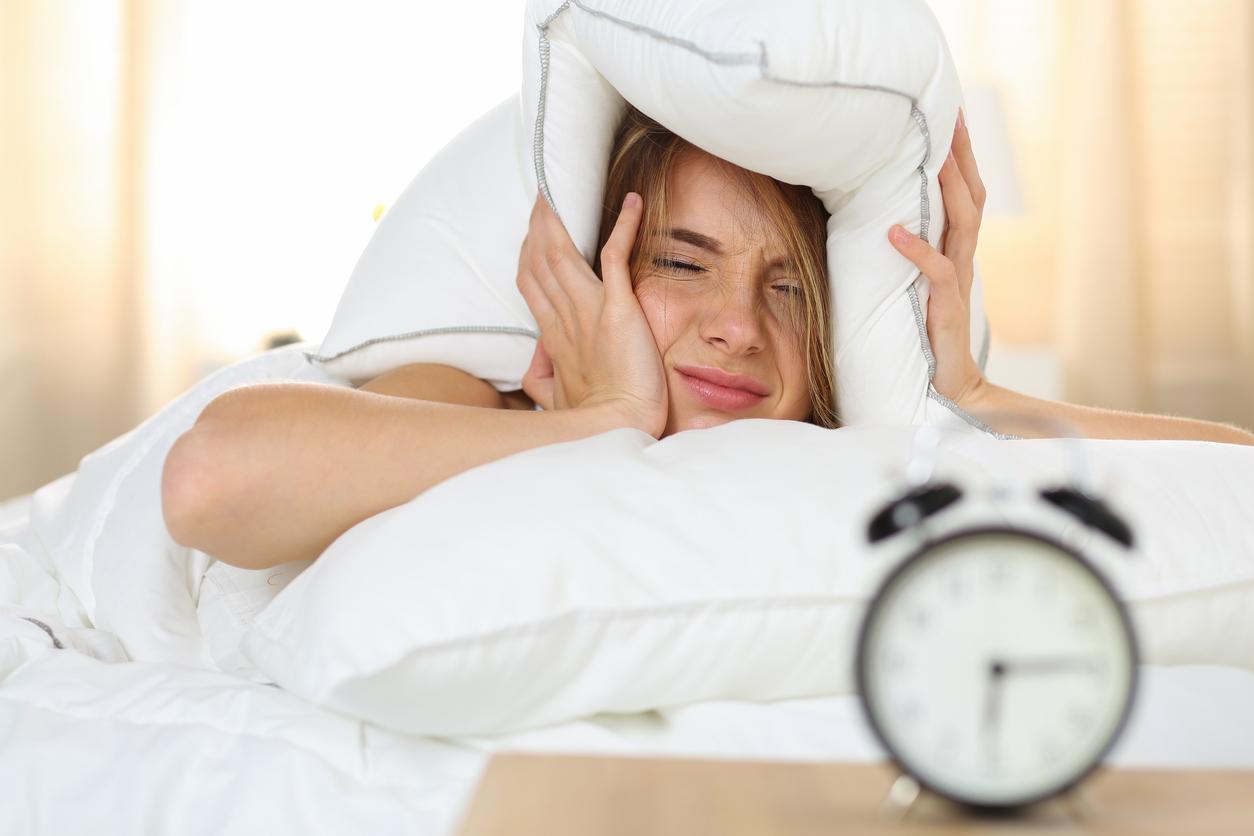
All the peaks and valleys
Uncontrollable craving for chocolate, irritable, a blistering feeling of happiness, gloomy or complete calm. Hormones have a solid finger in the pie when it comes to feelings and mood.
The woman’s body, in particular, offers plenty of opportunities for wild fluctuations in hormone levels. The word hormone comes from the Greek hormao, which means ‘to set in motion’.
Chemical messengers
Hormones are chemical messengers of a precise kind: even a minimal amount has a strong effect. Processes that proceed slowly and over a longer period of time, such as the growth of our body and the maintenance of our organs, are controlled by hormones. The metabolism and communication between organs are also under the control of hormones.
Communication
The thyroid, parathyroid gland, pancreas, adrenal glands, ovaries and testes, together with the pituitary gland, produce about 200 hormones. These are released into the blood, then delivered to the desired location and broken down in the liver after use. These hormone-producing, endocrine glands are interconnected and in constant communication with each other.
Together with the nervous system, the endocrine system controls the activity of all organs and systems in the human body. Hormones support the activity of organs, speeding them up or slowing them down.
The big boss over both systems is the pituitary gland, a gland the size of a bean, which hangs under the brain. No gland can release hormones without the pituitary’s knowledge. The glands also know each other what they are doing.
Anyone who knows that this concerns 200 hormones within a communication system that leaves nothing to chance can imagine that it is difficult to influence this from the outside. The administration of a single hormone to, for example, influence the mood or to add some extra ‘femininity’, results in a chain reaction throughout the system.Six moments
There are six moments in a woman’s life when the hormone level fluctuates:
- Around ovulation.
- Before the onset of menstruation.
- During menstruation.
- around pregnancy.
- During and after childbirth (including breast-feeding).
- During the transition.
During those periods, something happens that makes a woman either agitated, hypersensitive or depressed or feel calm, cheerful or even-tempered. Every woman has the same hormones in the same amounts, but not every woman responds to hormone fluctuations in the same way.
PMS
For example, women who suffer from PMS (Premenstrual Syndrome) are more sensitive to hormone changes than other women, who ignore this ‘hormone misery’. In these women, certain neurotransmitters (chemicals with which nerve cells in the brain transmit messages to each other) also do not work sufficiently, so that the mood and well-being are affected in the second part of the cycle.
Breast pain, irritability, bloating, mood swings and feeling tense, depressed or aggressive are typical PMS symptoms. The complaints become more intense as the menopause approaches and then disappear permanently.
Pregnant?
A pregnancy, also a representative example of what hormones and especially changes in the hormone balance can ‘do’, causes a high hormone level, which usually creates a very good feeling. Just before delivery, the pregnancy-supporting hormone level even rises slightly and some happy endorphins (hormones made by the brain) are also added.
Immediately after delivery, these high concentrations of hormones suddenly disappear, which can cause withdrawal symptoms, which manifest themselves in depressive feelings, irritability, insomnia and crying. Because a birth heralds many changes anyway, some women develop the ‘baby blues’, which can last for a week or two. Prolonged sadness and negative feelings can indicate Post Natal Depression (now called Post Partum Depression), which requires professional help.
In case of strong mood swings in any situation, it is always advisable to consult a doctor. Medicine, but also understanding and clarity can do a lot of good.
fun hormones
Although hormones go their own way, we can certainly adjust them every now and then. A parachute jump causes a healthy adrenaline rush and certain sports are known to stimulate the production of so-called fun hormones. For example, there is the ‘runners’ high’: an endorphin boost during vigorous exercise.
Walking, cycling, swimming, dancing and sex also cause the production of extra hormones, such as endorphins, dopamine, serotonin and noradrenaline. All deliverers of a wonderful feeling, calm and energy. Exercise is a natural antidepressant. If you want to feel good, move!
Also the man in the menopause
Men have their own ‘transition’. During this period, the production of the male hormone testosterone decreases, which means that men can become less interested in sex and – just like women – can feel depressed. Sleep and concentration disorders and weight gain are also not uncommon for men in this phase.

















